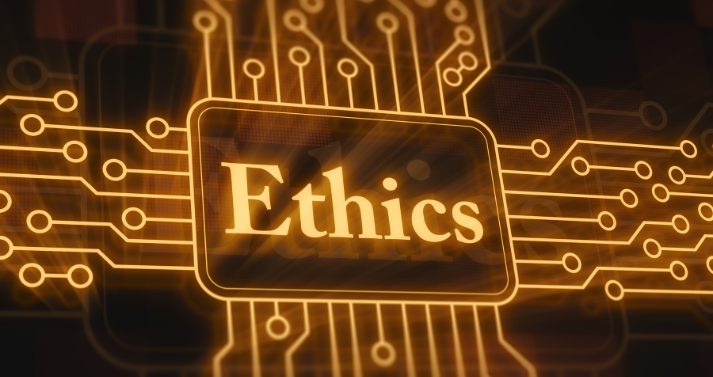Is MI manipulation? Not when it’s all about the Spirit!

I met with Dayna Guido recently for a planning session on our upcoming live webinar, the Interplay of Motivational Interviewing & Ethics.
We sat in her beautiful home office, her puppy Kefi bounding around while we geeked out on Motivational Interviewing and ethics.
You see, Dayna is an ethics geek, and I’m a MI geek. And together, we got real nerdy about ethical dilemmas within each of the 4 processes of Motivational Interviewing.
Whether you join us on April 28th for this 4-hr live training or not, I have some tips on the ethics of MI to share with you!
So why the ethics of Motivational Interviewing?
One criticism I hear about Motivational Interviewing is that it can be manipulative.
Recently, a training participant shared how Motivational Interviewing techniques are adopted in sales.
Whenever I hear about the ways MI can be used to further the interviewers’ agenda, I cringe.
Comments like that always pull for my fixing reflex! I instantly want to defend Motivational Interviewing, give information, and explain the differences between MI and sales.
The thing is, when you really know and practice Motivational Interviewing, it cannot be manipulative because it is rooted in what the client wants.
Manipulation is about meeting our needs. Sales is about furthering our agenda.
Motivational Interviewing is about helping our client resolve their ambivalence about change, based on their values and motivations. It’s really all about the Spirit of MI.
Motivational Interviewing is always utilized with the best interest of the client at the forefront.
It’s not about furthering our agenda with clients.
And this can get sticky, because we have values, as do our organizations and culture. There are lots of opportunities to explore the ethical dilemmas that arise!
MI is organized by 4 processes (or “tasks” as it will be renamed in the upcoming MI book by Miller & Rollnick, available for pre-order!)
In our Interplay of Ethics and Motivational Interviewing training next month, we are going to overlay ethical principles with the 4 Tasks of MI: Engagement, Focusing, Evoking, & Planning. We are going to ask key questions that come up within each of these tasks of MI.
Here are a few samples of the questions we will explore!
Engagement: How can I best engage with my clients based on their values and desires?
Focusing: How can I collaboratively & ethically determine what the focus of change is (in their best interest, not mine)?
Evoking: How can I keep my clients’ motivation for change at the forefront?
Planning: How can I cultivate change plans with clients that they own and execute?
(Plus, if you can’t catch this live, we have a 2-hr recorded webinar on the Interplay of Ethics & MI available here).
Motivational Interviewing Tip of the Week: The spirit elements of Motivational Interviewing keep us rooted in ethical practice. We are partners with our clients, not experts in their lives. We evoke their values and motivations. We maintain a heartset and mindset of compassion and acceptance, supporting their autonomy & believing in the absolute worth of the individual.
Related Posts

When in Doubt, REFLECT!
Training participants often name the helpfulness of practicing reflective listening. It reminds us to sit back, drop our shoulders, and just listen! It pulls us out of problem-solving, persuading, and arguing for change. When YOU are getting pulled into trying to...
Related Posts

5 Tips for working with the Precontemplative client!
The Precontemplative Conundrum!If you are like, “Precontem…what?” check out my blog post on Stages of Change here. In short, “precontemplation” refers to the stage of change when clients aren’t wanting to think or talk about change. They might even be arguing against...

Let’s Learn Together!
Hi, I’m Hillary Bolter. At MI Center for Change, Motivational Interviewing is our passion. Motivational Interviewing will help you become more effective and efficient as you support clients’ change!

